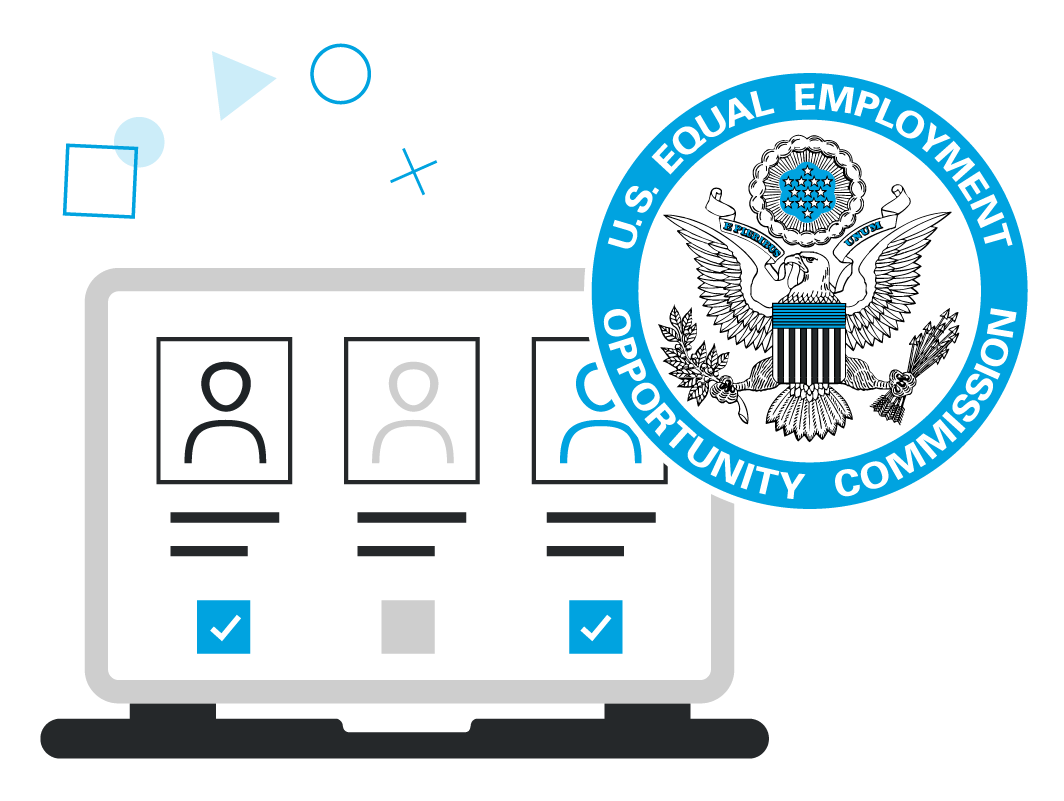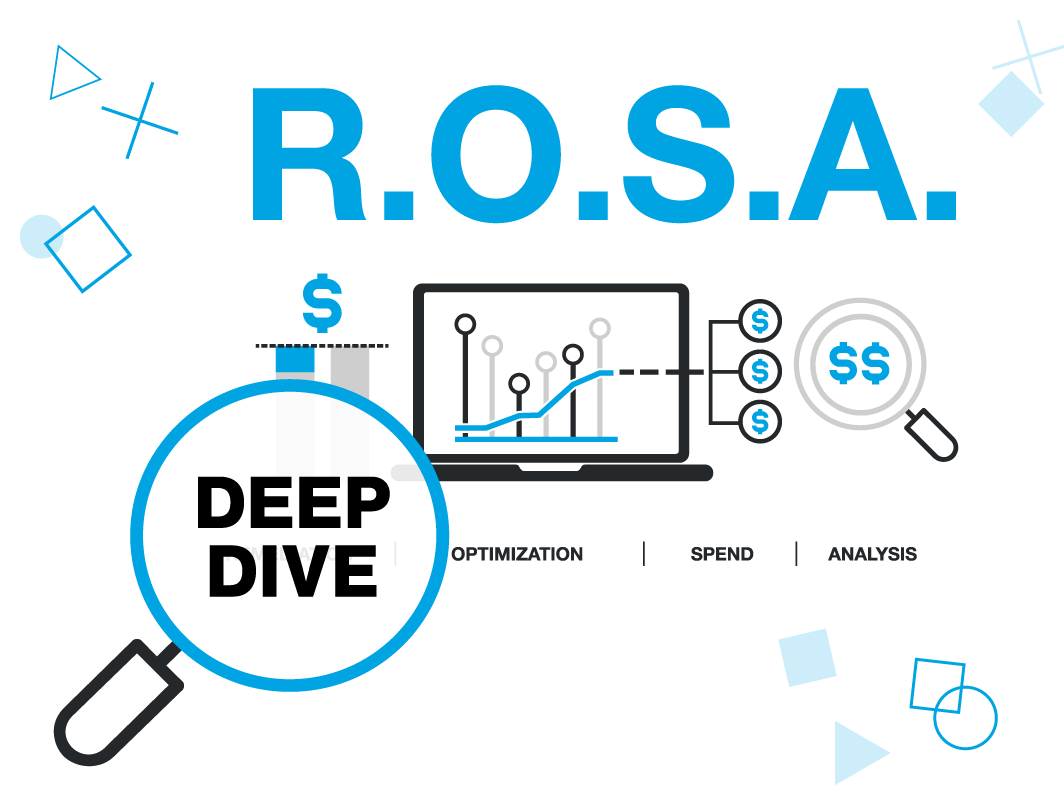
![]()
In 2017, a law was passed in Philadelphia wherein employers were prohibited from requesting an applicant’s salary history. After three years, as of September 1, this law will finally be put into action. In August, the City of Philadelphia declared that Philly’s Commission on Human Relations (PCHR) would begin the enforcement a month later, as part of their Wage Equity Ordinance, approved at the end of July. In a statement from the President of the Philadelphia Chamber of Commerce, the Chamber thanked everyone for their patience in moving things forward. Despite the COVID-19 pandemic having stalled progress a bit, now it’s onward and upward. “It is our hope that the Wage Equity Ordinance will help in closing the gender pay equity gap,” Chamber President Rob Wonderling said in the statement, “while at the same time not placing a difficult regulatory burden on the business community.”
So what does this mean? Going forward, a salary history ban will be strictly enforced, bringing the city closer to its goals of closing the wage gap and promoting pay equity.
Cities across the country have adopted similar measures, the reason being that many salaries originate from discriminatory practices. Historically, those at a lesser advantage (women, people of color) have begun their salary history from a starting point that is oftentimes drastically lower than others. This begins a cycle of setbacks, wherein companies use salary histories as starting points within new employment, continuing that progression with little mobility. Now, with a salary history ban, it is easier to promote equal pay since there is no quantitative starting point, supporting more equal wage practices.
Other major cities to enact salary history bans include New York City, San Francisco, Atlanta, Chicago, Pittsburgh, and New Orleans, among others. These moves are all building blocks for what will hopefully become a brighter and more equitable picture for employees going forward.



